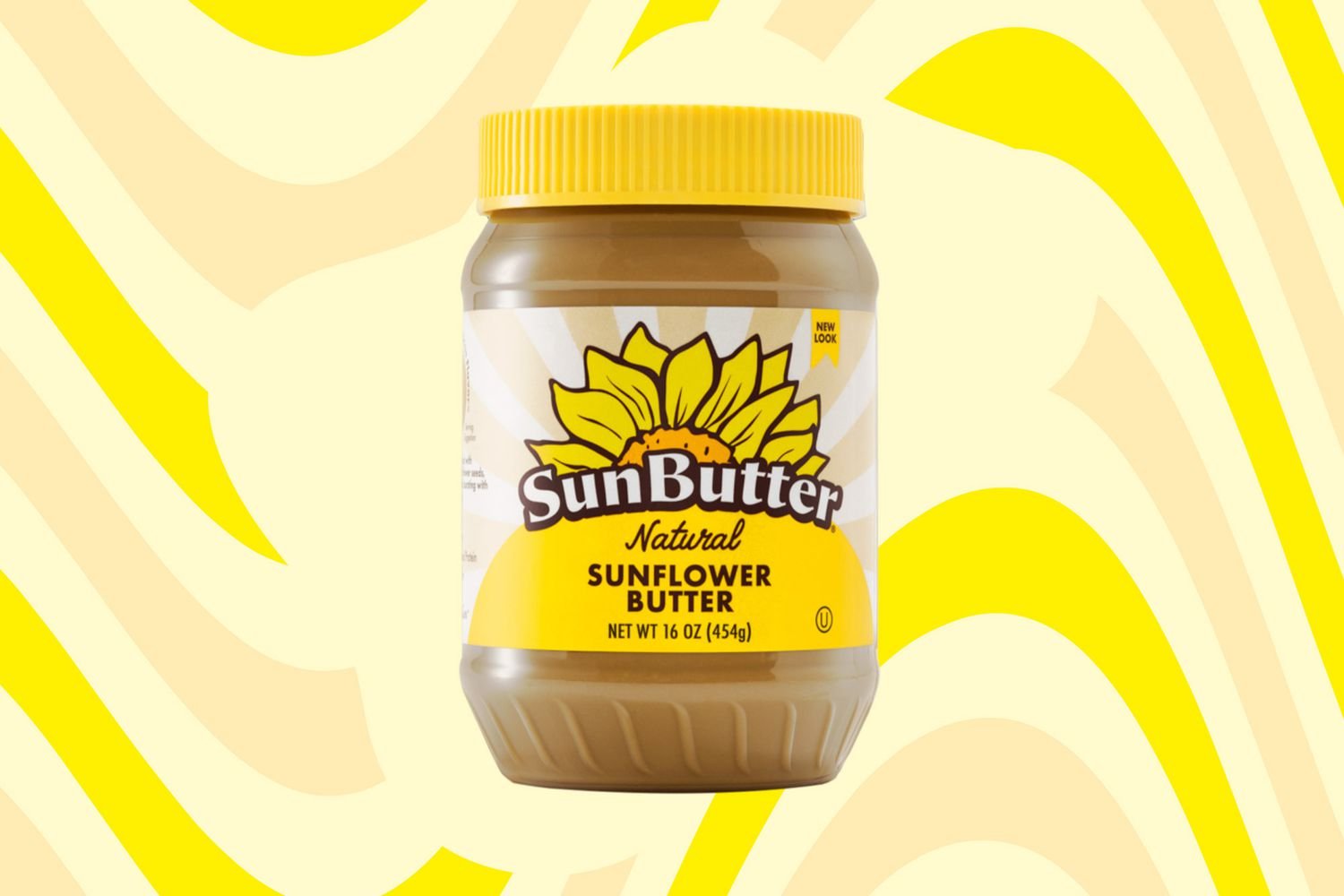Contents
- 1 What is SunButter?
- 2 The Advantages of SunButter
- 3 SunButter vs. Nut Butters
- 4 Nutritional Value
- 5 Ways to Enjoy SunButter
- 6 SunButter Recipes: From Breakfast to Dessert
- 7 Incorporating SunButter into a Healthy Lifestyle
- 8 SunButter for Kids: A Tasty and Safe Choice
- 9 SunButter and Allergies: What You Need to Know
- 10 How is SunButter Made?
- 11 Where to Buy SunButter
- 12 Storing SunButter: Tips for Freshness
- 13 Conclusion
- 14 FAQs About SunButter
Are you looking for a delicious and allergen-friendly alternative to traditional nut butter? Look no further than SunButter! In this guide, we’ll delve into what SunButter is, its benefits, how it compares to other nut butters, and creative ways to incorporate it into your diet. Whether you have allergies or simply want to explore new flavors, SunButter has something to offer. Let’s dive in!
What is SunButter?
SunButter is a creamy spread made from roasted sunflower seeds. It offers a rich and nutty flavor that can rival traditional nut butters like peanut and almond butter. It’s an excellent option for those with nut allergies or sensitivities.
The Advantages of SunButter
SunButter boasts several advantages. Firstly, it’s a great source of plant-based protein, making it a valuable addition to vegetarian and vegan diets. Additionally, it’s rich in healthy fats, particularly monounsaturated and polyunsaturated fats, which support heart health. SunButter also provides essential vitamins and minerals like vitamin E, magnesium, and zinc.
SunButter vs. Nut Butters
While traditional nut butters have their own merits, SunButter stands out due to its allergen-friendly nature. Nut allergies can be severe and even life-threatening, but SunButter provides a safe alternative without compromising on taste or nutrition. SunButter is also less likely to cause cross-contamination issues in facilities where nuts are processed.
Nutritional Value
SunButter is a nutritional powerhouse. It’s a good source of protein, offering about 7 grams per 2-tablespoon serving. It’s also rich in healthy fats, providing a balance of omega-3 and omega-6 fatty acids. The spread contains important vitamins like vitamin E, which acts as an antioxidant, protecting cells from damage.
Ways to Enjoy SunButter
There are countless ways to enjoy SunButter. Spread it on whole-grain toast, rice cakes, or apple slices for a satisfying snack. Mix it into smoothies for added creaminess and a boost of nutrients. You can also use it as a dip for carrot and celery sticks.
SunButter Recipes: From Breakfast to Dessert
- SunButter Banana Toast: Top whole-grain toast with SunButter and banana slices for a quick and nutritious breakfast.
- SunButter Energy Bites: Combine SunButter, oats, honey, and dark chocolate chips to create energy-boosting snacks.
- SunButter Swirl Brownies: Swirl SunButter into brownie batter before baking for a delightful twist on a classic treat.
Incorporating SunButter into a Healthy Lifestyle
To incorporate SunButter into your diet, start by substituting it for peanut butter in your favorite recipes. You can also drizzle it over yogurt or blend it into sauces for savory dishes. Remember that moderation is key, as SunButter is calorie-dense.
SunButter for Kids: A Tasty and Safe Choice
SunButter is an excellent choice for kids, especially those with nut allergies. It can be a filling and nutritious option for school lunches, and its creamy texture makes it easy for little ones to enjoy.
SunButter and Allergies: What You Need to Know
If you have nut allergies, SunButter can be a game-changer. It’s made in a dedicated nut-free facility, reducing the risk of cross-contamination. However, as with any new food, it’s advisable to do a small allergy test before consuming larger amounts.
How is SunButter Made?
SunButter is made by roasting sunflower seeds and then grinding them into a smooth paste. The result is a velvety spread with a rich taste. It’s important to note that no hydrogenated oils or artificial preservatives are used in its production.
Where to Buy SunButter
SunButter is widely available and can be found in most grocery stores. It’s typically located in the nut butter aisle or the natural foods section. You can also purchase it online for added convenience.
Storing SunButter: Tips for Freshness
To keep your SunButter fresh, store it in a cool, dry place. You can refrigerate it to extend its shelf life, but it may become slightly thicker in texture. Remember to stir it well if it separates.
Conclusion
SunButter offers a delicious and allergen-friendly alternative to traditional nut butters. With its nutritional benefits, versatility, and nut-free nature, it’s a fantastic choice for anyone looking to explore new flavors or accommodate dietary restrictions. Whether you spread it, blend it, or bake with it, SunButter is a versatile ingredient that deserves a place in your pantry. Try it today and experience a world of sunflower goodness!
FAQs About SunButter
Yes, SunButter is nut-free and is produced in a nut-free facility, making it safe for those with nut allergies.
Absolutely! SunButter can be used as a substitute for peanut butter or other nut butters in various baking recipes.
While refrigeration is not required, it can help extend the shelf life of SunButter. Just remember to stir it well if it thickens.
Yes, SunButter is calorie-dense due to its healthy fat content, so be mindful of portion sizes.
SunButter can be a good option for toddlers, but it’s essential to introduce new foods gradually and watch for any allergic reactions.


Leave a Reply